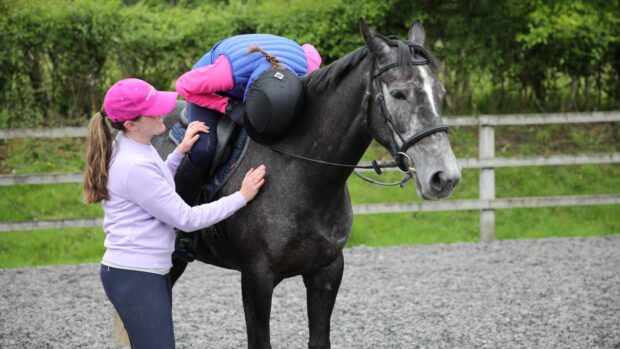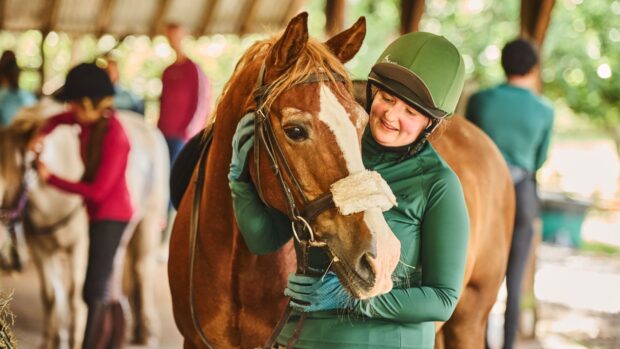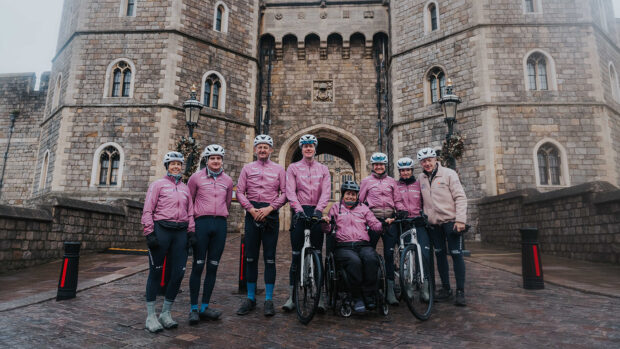Riders are being encouraged to “re-think” concussion – and the effects it can have on mental health — in a new awareness campaign.
During national Mental Health Awareness Week (9-13 May), equestrian mental health charity Riders Minds has revealed its new “Head First” campaign.
A Riders Minds spokesman said the project had been launched following the “concerning” results of a study by Charles Owen, which revealed six in 10 riders suffer from depression after a concussion. More than 1,000 riders took part in the study, carried out last year by University of Sussex MSc student Charlotte Ricca, which also found that 30% of riders who suffered from depression went on to continue to suffer from prolonged mental health problems.
As part of the campaign Riders Minds has created the “Head First checker”, a comprehensive tool to allow people to identify any signs of change, including to brain function and mental health, and the early warning signs to look out for. The tool incorporates four key areas; cognitive changes, mood/behaviour, physical signs and altered sleep pattern.
“More than 25% of riders have suffered from depression, and riders who have experienced five or more concussions are twice as likely to suffer from a mental health condition as a result. The importance of protecting our heads and monitoring signs of concussion/mental health is vital,” said Riders Minds chair Victoria Wright.
“We also know that a mental health condition following a head injury does not necessarily occur immediately afterwards, it can take six months to a year after the incident to take effect. The objective of Riders Minds has always been to support the mental health and well-being of all equestrian people and we feel extremely proud that the connection between mental health and head injury has finally been brought to light in the equestrian industry like it has in rugby, American football and other high-impact sports.”
Mental health specialist Sylvia Bruce, who is responsible for the Riders Minds’ website content, added that the campaign aims to get equestrians to “re-think” concussion as not “just a bang on the head”.
“It’s a brain injury. And, if our brain is injured, our mind can be injured too, with potential far-reaching implications on our mental health and wellbeing,” she said.
The Head First checker and mental health support can be found at www.ridersminds.org.uk.
You might also be interested in:

‘Just a bit of concussion’: calls for more awareness around minor traumatic brain injuries in children

Dark clouds or a bright future? Why the sport must work together on mental health

Subscribe to Horse & Hound magazine today – and enjoy unlimited website access all year round
Horse & Hound magazine, out every Thursday, is packed with all the latest news and reports, as well as interviews, specials, nostalgia, vet and training advice. Find how you can enjoy the magazine delivered to your door every week, plus options to upgrade your subscription to access our online service that brings you breaking news and reports as well as other benefits.





